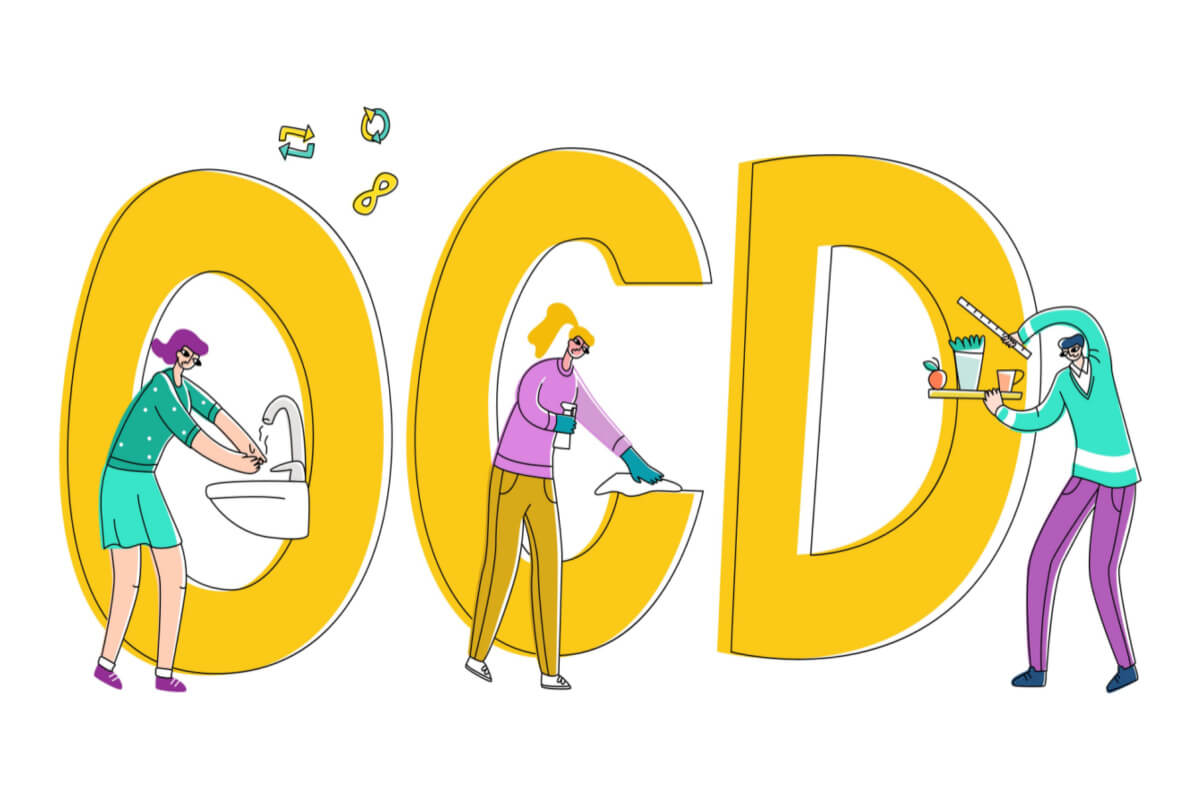- 0
Mastering OCD: The Journey to Recovery Through Effective Therapies

Obsessive-Compulsive Disorder (OCD) is a mental health condition that affects millions of people worldwide. Those living with OCD often experience intrusive thoughts and engage in repetitive behaviors or rituals to alleviate their anxiety. However, with the right treatment and support, individuals can learn to manage their symptoms and lead fulfilling lives. In this article, we will explore the journey to recovery for individuals with OCD through effective therapies.
The Impact of OCD
OCD can have a profound impact on an individual's daily life, affecting their relationships, work, and overall well-being. Some common symptoms of OCD include:
- Obsessive thoughts that are distressing or intrusive
- Compulsive behaviors or rituals that are performed to reduce anxiety
- Fear of contamination or germs
- A need for symmetry or order
- Hoarding of items
The Importance of Seeking Help
It is crucial for individuals experiencing symptoms of OCD to seek help from a mental health professional. Untreated OCD can significantly impact a person's quality of life and lead to feelings of distress and isolation. With the right support, individuals can learn strategies to manage their symptoms and improve their overall well-being.
Effective Therapies for OCD
There are several evidence-based therapies that have been shown to be effective in treating OCD. These therapies help individuals challenge their obsessive thoughts and reduce compulsive behaviors. Some of the most common therapies for OCD include:
Cognitive Behavioral Therapy (CBT)
Cognitive Behavioral Therapy (CBT) is a widely used therapeutic approach for treating OCD. In CBT, individuals work with a therapist to identify and challenge their negative thought patterns. By recognizing irrational beliefs and learning healthy coping strategies, individuals with OCD can effectively manage their symptoms.
Exposure and Response Prevention (ERP)
Exposure and Response Prevention (ERP) is another effective therapy for OCD. In ERP, individuals are gradually exposed to situations that trigger their obsessive thoughts. Through repeated exposure and by resisting the urge to engage in compulsive behaviors, individuals can learn to reduce their anxiety and gain control over their symptoms.
Acceptance and Commitment Therapy (ACT)
Acceptance and Commitment Therapy (ACT) is a mindfulness-based therapy that helps individuals with OCD develop psychological flexibility. By learning to accept their intrusive thoughts without judgment and committing to their values, individuals can reduce the impact of OCD on their lives and improve their overall well-being.
Building a Support System
Recovery from OCD often requires a strong support system. Friends, family members, and mental health professionals can offer encouragement, understanding, and guidance throughout the recovery process. Building a support system can help individuals feel less isolated and more empowered to manage their symptoms.
Joining a Support Group
Joining a support group for individuals with OCD can provide a sense of community and validation. In a support group, individuals can share their experiences, learn from others, and gain valuable insights into managing their symptoms. Support groups can also offer a safe space for individuals to express their emotions and receive support from others who understand their struggles.
Engaging in Self-Care Practices
Self-care practices such as exercise, mindfulness, and relaxation techniques can also be beneficial for individuals with OCD. By taking care of their physical and emotional well-being, individuals can reduce stress, improve their mood, and enhance their overall quality of life. Engaging in self-care practices can complement traditional therapies and support recovery from OCD.
Conclusion
Recovery from OCD is possible with the right treatment, support, and dedication. By engaging in effective therapies, building a support system, and practicing self-care, individuals with OCD can learn to manage their symptoms and lead fulfilling lives. If you or someone you know is struggling with OCD, seek help from a mental health professional to begin the journey to recovery.
